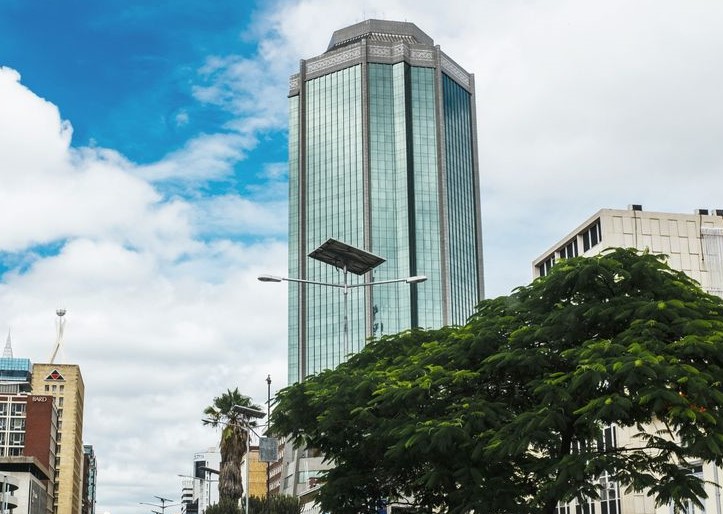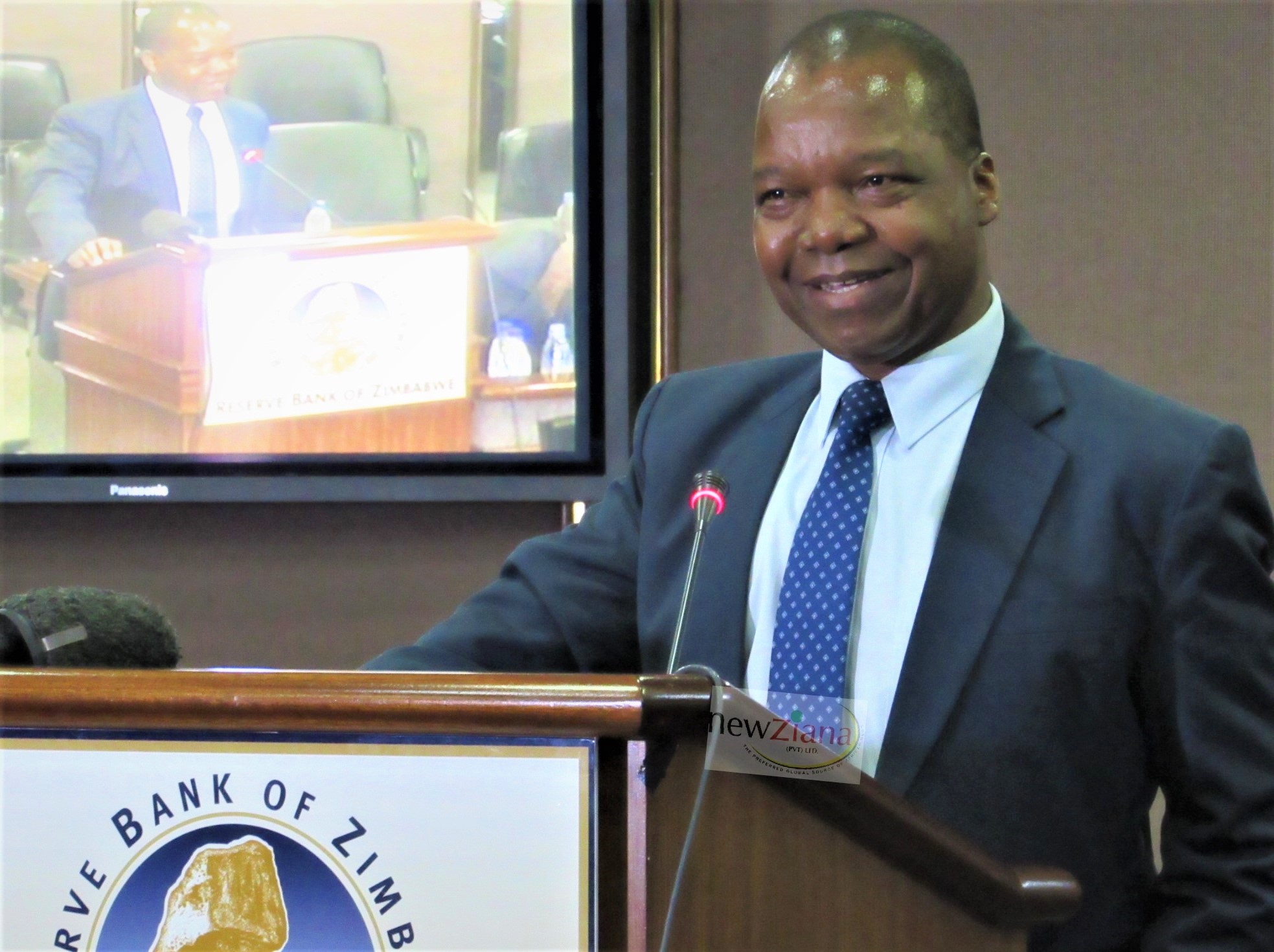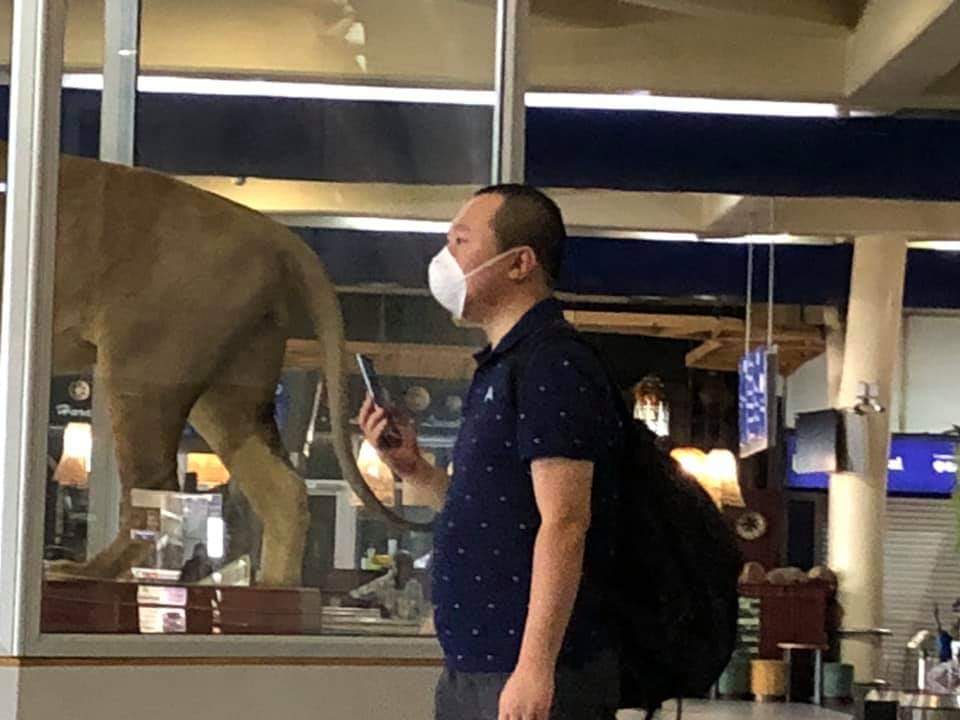RBZ to publish fuel funding stats
Share

Harare, (New Ziana) – The Reserve Bank of Zimbabwe (RBZ) said on Tuesday it will be publishing financing facilities availed to fuel companies on a weekly basis as the country continues to battle crippling shortages that have gone on for years.
There has been finger pointing on who is at fault in decisively dealing with the shortages from government, the central bank to fuel companies.
Authorities insist volumes of fuel being imported were adequate to meet demand but long widening queues and a thriving black market for the commodity have become common features owing to scarcity of the precious liquids.
Fuel is currently being sold in local currency – the Zimbabwean dollar, with a few service stations allowed to sell in hard currency under the Direct Fuel Import (DFI) facility.
The RBZ, which has taken a fair share of the blame for the fuel shortages and appears to be attempting to keep its hands clean with the latest move, said the weekly disclosure was meant to benefit the public.
“For the information and benefit of the public, the Reserve Bank of Zimbabwe is pleased to advise that it shall henceforth be publishing, on a weekly basis, the status of the fuel finance facilities available to the oil marketing companies (OMCs) for the procurement of fuel for sale to the public in local currency,” said central bank governor, Dr John Mangudya in a statement.
The RBZ said for this month, financing facilities for fuel worth US$120 million were in place, of which US$18.47 million was immediately available for drawdown.
The facilities were being facilitated by local banks.
Of this amount, US$18.47 million worth of letters of credit have been confirmed for immediate drawing of fuel by OMCs from NOIC depot in Msasa, Dr Mangudya said.
Of the US$18.47 million, Trafigura which is supplying Trek and Genesis service stations got the lion’s share of US$7.5 million followed by Zuva and Total at US$3 million and US$2.5 million respectively.
Puma, IMIG and Petrotrade respectively got US$1.5 million, US$1.52 million and US$1.25 million.
The remainder was shared between Engen and Raven Energy.
Dr Mangudya said fuel being imported using the DFI facility was expected to augment availability in the country.
While those retailers selling fuel in foreign currency almost always have supplies, the majority of motorists who are buying in local currency have to contend with endless queues to get the commodity in limited quantities.
Concern has been raised about the existence of cartels artificially creating shortages to manipulate prices and currency of trade.
This has led to mushrooming of black market traders, mostly selling in hard currency.
New Ziana













